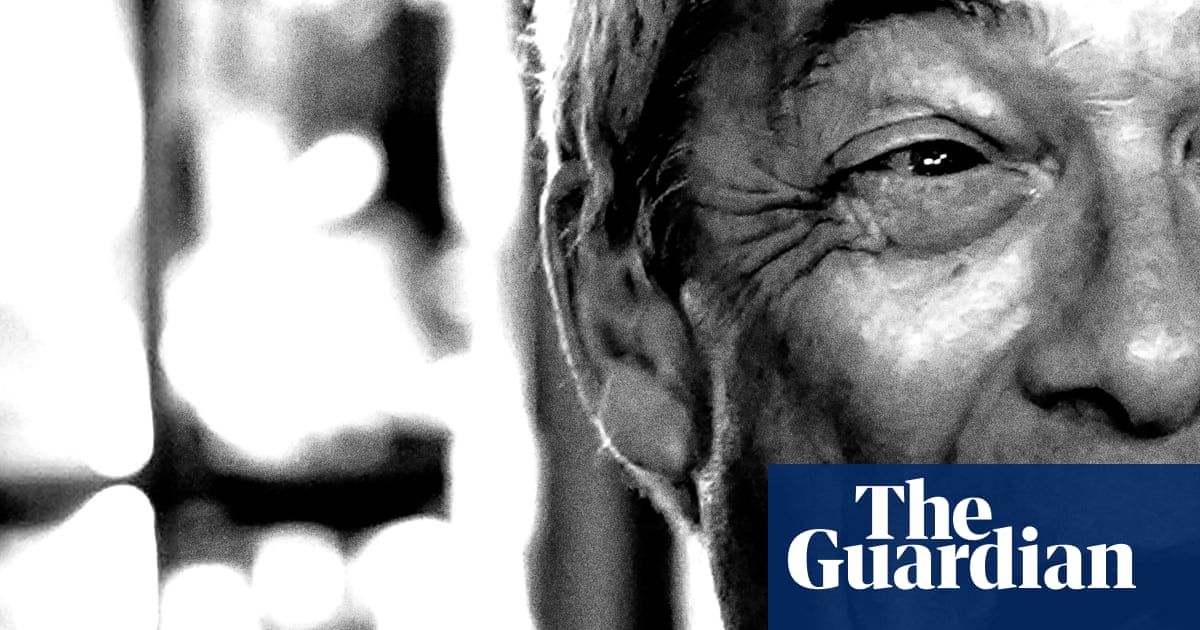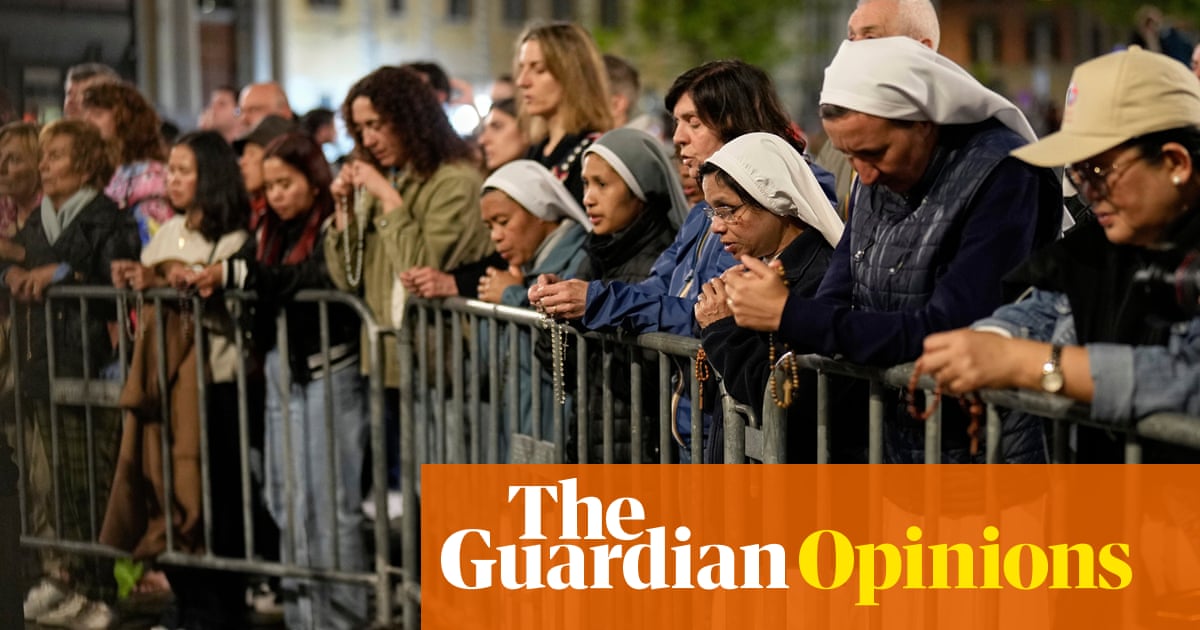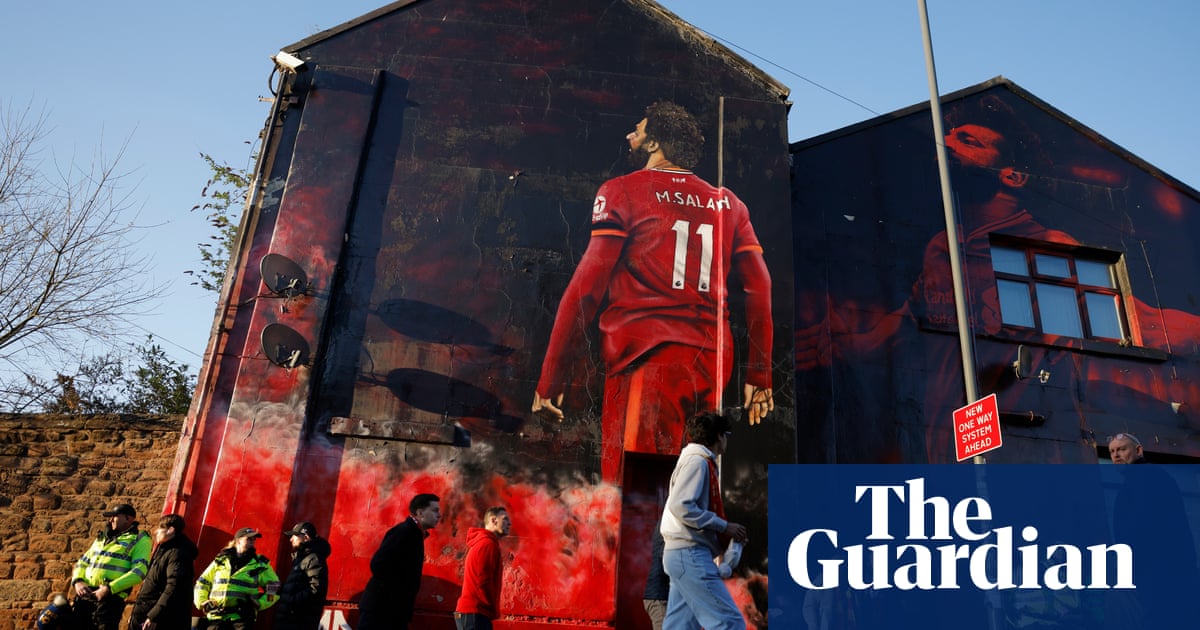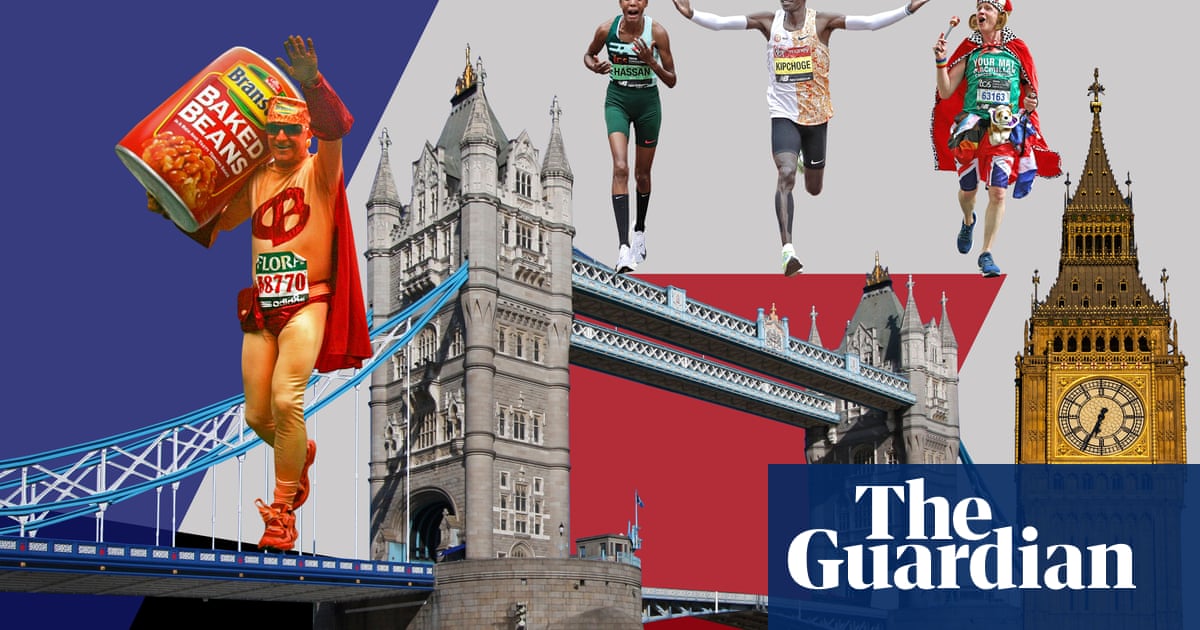India and its youth jointly confront the challenge of self-definition in Devika Rege’s excellent debut novel, Quarterlife. Set in the months after the 2014 landslide victory of Indian prime minister Narendra Modi’s rightwing Bharatiya Janata party (here fictionalised as the Bharat party), the book tunes into the hopes and anxieties of a knot of spirited young individuals, as they navigate caste, class, selfhood, ambition and pride amid the rising tide of Hindu nationalism.
Among them is 31-year-old management consultant Naren Agashe who is back home in Mumbai, after a decade spent in the US. Lured by the economic and policy reforms promised by the new government, he sees himself as part of the “golden generation” that will lead the country into a future of prosperity. Accompanying Naren is 27-year-old New Englander Amanda Harris Martin, a university friend who has accepted a teaching fellowship in a Muslim-dominated Mumbai slum in a bid to find her true purpose. Naren’s younger brother, Rohit, an indie film-maker with whom Amanda gets involved, is on his own private journey of self-discovery, after his once-solid conviction that he and his friends “were the voice of a generation” has fissured. Rohit’s friends “are all outraged that a man with blood on his hands has the nation’s mandate” while Rohit, much like his brother, is optimistic about the future (“Parties evolve,” they both believe).
While on an excursion into the country’s heartland to learn more about his Chitpavan Brahmin identity (a sub-caste on the highest echelon of the Hindu caste system), Rohit meets Omkar, a poor, passionate and talented young man from a marginalised caste, who leads him deep into the Hindu nationalist ecosystem. Rohit’s decision to fund Omkar’s film on the Ganeshotsav (a 10-day Hindu festival honouring Ganesha) causes rifts in his friend group – especially since one of them, Ifra, is Muslim
Quarterlife is an astutely constructed bildungsroman; Rege’s characters are all hurtling towards political consciousness. For Amanda, this means confronting her naive understanding of caste and the limits of her American idealism; for Naren, it’s the realisation that he’d rather be an “efficient” person than a morally good one; and for Rohit, it’s about finding a way to be “authentic” without imperilling his friendships. The narrative initially shuffles among the three, before expanding to embrace a broader range of perspectives.
The novel works brilliantly as a study of the polarisation of Indian society under Modi, moving effortlessly from the uproarious political battles being fought in the streets to the tense, intimate conversations happening within the upmarket drawing rooms of Mumbai’s newly affluent classes. In an extended episode that takes place in the boozy aftermath of a prayer meeting at the Agashes’ posh family home, every new topic embarked on by the novel’s principal trio and their friends is like a crackling match tossed into a pile of kindling. Tempers flare amid ad hominem jabs, as views are exchanged on everything from Bollywood’s fetishisation of Hindu glory and the place of the Mughals in Indian history to whether one religion (Hinduism) should define national culture. Here, and indeed elsewhere, Rege brings contrastive viewpoints into vociferous dialogue, without them devolving into cacophony.
Quarterlife is a revelation, full to the brim with muscular provocations on democracy, progress, radicalisation, majoritarianism, modernity and tradition. It is also highly readable. And while the discourse can at times overwhelm the story, it builds to a grimly memorable climax and deserves the widest attention.
after newsletter promotion

.png) 3 months ago
33
3 months ago
33













































